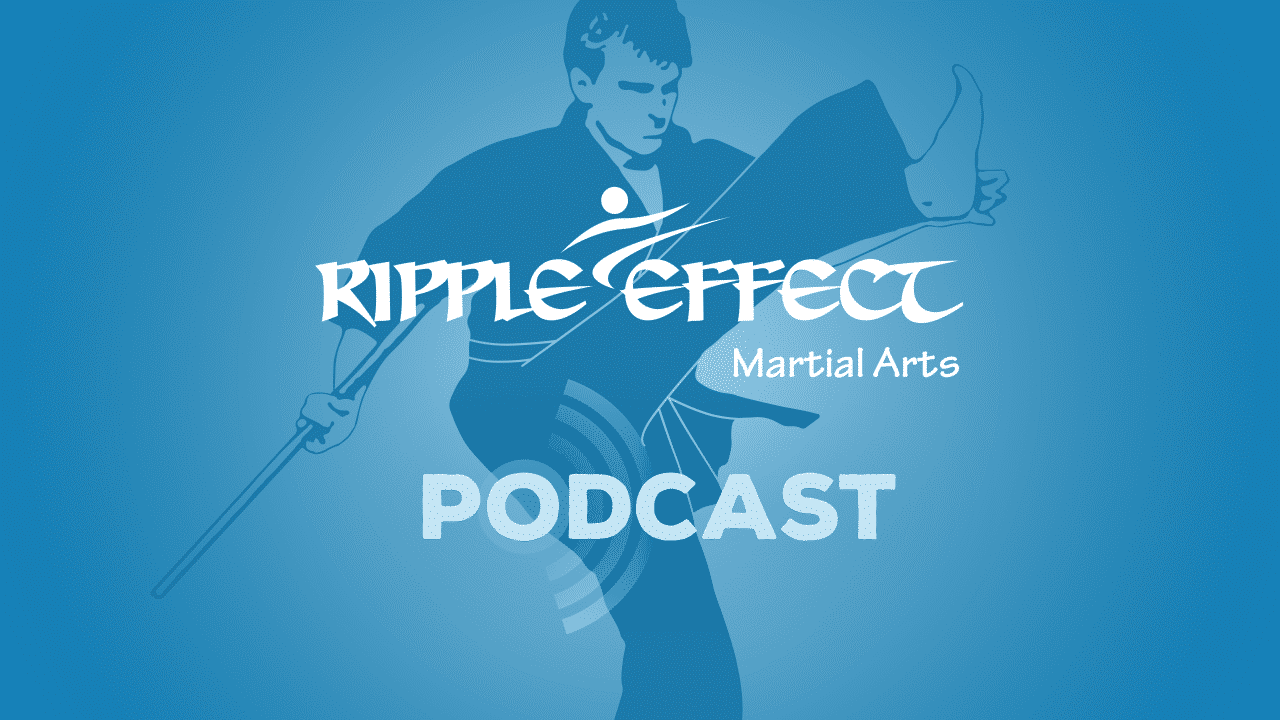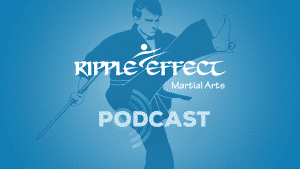How did you get your start in the martial arts?
I was really young, like 3 or 4 years old, and started training in taekwondo where I lived in Illinois. I did that for a while, I was known as a Little Dragon. I was really little and didn’t have a big commitment to anything. But it really stuck with me. I was really into the Last Airbender and some other shows.
As a kid, your inspiration came from superheroes? Did you think you’d become a superhero by studying marital arts?
Not necessarily a “superhero.” That word wouldn’t really fit me. I’m not super big on being “grand” with what I do. My philosophy is always quality over quantity. How can I make a big impact on my community, or even just one person? If I’m a superhero in their eyes, then I’m good with being a superhero.
When we met, you were about 13 or 14. What struck me back then was your maturity, especially for that age. It really comes across and has a big impact on your peers, and people who are younger and older too.
Martial arts has always kept me on a good track. I dealt with a lot of bullying in school, and martial arts has helped me stand up for myself and to myself. I thought I had to be the perfect student, perfect friend, perfect daughter. Martial arts has helped me realize that standing up for myself is a discipline.
It’s facing up to truths about yourself that you need to confront or fix. Martial arts has helped me balance my school life, family life, and my personal life. I didn’t start out as an outgoing or loud person. I was always pretty quiet. But I’ve learned to channel my energy to be more outgoing.
In martial arts there’s the balance of training and overcoming failures, raising your opinion of your own self worth. But then you’re tested in a win/lose scenario, too. Did that go into your growing self-confidence as you studied martial arts?
Tournaments were huge for me. For me, the motivation was always beating my past self, my past performance. Having those milestones, those tournaments every month or so, really helped me track my progress. I’m very intrinsically motivated, and going to a lot of tournaments has helped me learn to compare my current progress to my past results.
What’s the difference between the Ripple Effect Martial Arts intramural tournaments and the Colorado Karate Association (CKA) tournaments?
Intramural tournaments ease you into the tournament scene. CKA are the next level. I was 15 when I competed in my first CKA tournament, and it was literally a punch in the face [laughs]. Those competitors are not there to mess around. I really admire that, especially in the women’s divisions. For those students looking to taking their competition skills, their mindset, their technique to the next level, CKA is the way to go.
A lot of times parents put their kids into martial arts to get them under control, get them to focus. But it also helps kids get out of their shell, like you said. It helps kids learn to be loud.
Yes. Sometimes I want to humble myself, to not be “too much.” Martial arts has helped me self-advocate. Simone Biles is an example of this, standing up for herself, her mental health. Naomi Osaka, too. That’s very inspirational to me.
Self-advocacy is so important, even in the face of criticism. Sometimes I don’t want to advocate for myself because it sounds “whiny.” But if I know my truth, what’s right for me, what’s healthy for me, at the end of the day, that’s most important. Mental health is near and dear to my heart.
It’s a misconception, isn’t it, that martial arts is all about pushing through injury, pushing past hurt, being tougher than nails, stuff like that, right?
Yes. I’m a big advocate of perseverance. But toxic perseverance is a thing, and I’ve fallen victim to it. There are times when it isn’t smart to carry on with something, anything. I’m big on building healthy habits, a health mindset above all else. Once you’ve mastered that, or are working on mastering it, you’re on the right track.
How did you get into the fan as a weapon?
Again, the Last Airbender. Lots of characters there, who didn’t have the bending abilities, used fans as weapons. For my forms, I made them up. I created them. Traditional fan forms come from the Wu Shu style, and they’ve been lost, for the most part.
I took a little bit of Wu Shu forms, open hand forms, and added a fan. I taught a version of that at a recent karate summer camp, and the kids loved it.
What about your art? Are you still painting and drawing?
Art has always kind of trailed based me. With college over the past several years, drowning in coursework, it’s kind of taken a back seat. Martial arts heavily influences most of my drawings.
What would you say to someone who’s thinking about earning a black belt? What’s your advice?
Have patience. It’s a journey, and it’s a long journey. But your instructors are here to support you, and to answer anything.


